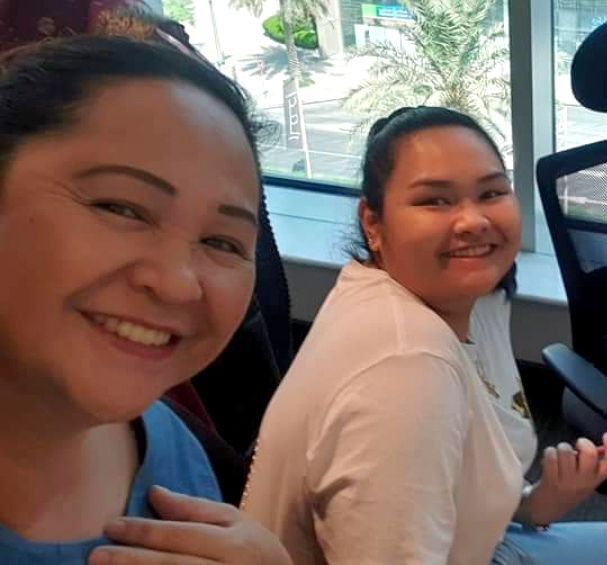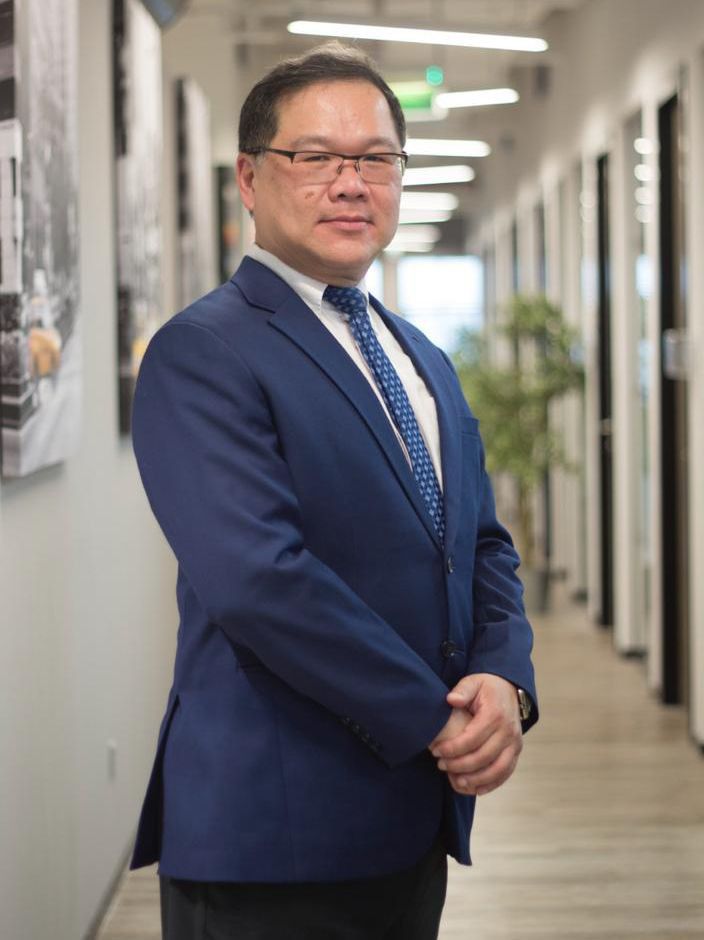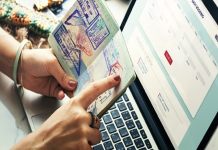Restricted movement in the wake of the pandemic has helped cut out needless expenses
Dubai: The coronavirus (COVID-19) pandemic has caused a major shift in consumer spending and highlighted the need to develop a savings habit. Many UAE residents Gulf News spoke to said they have become more conscious and creative in freeing up funds for future use.
“While initially it was quite disorientating, one upside of staying at home has been that most of us are spending less,” Dubai resident and Filipino expat Susan Francisco, a financial advisor, said.

“Personally, I made a substantial savings of around Dh3,000 in the past month by following simple measures like rattling those pots and pans, instead of eating out or ordering food online. I also saved on petrol and Salik (toll fee), tightened my grocery list and enjoyed the discounts on utility bills,” she added.
Francisco said disrupted routines have highlighted undesirable spending habits that can be managed.
“People who were not saving before the pandemic have suddenly realised the importance of savings. They have learned to work on a tighter budget. Creativity and setting up priorities became the order of the day. For example, we didn’t scrimp on food but we lessened on unnecessary items and looked for cheaper and healthier foods,” explained Francisco, who lives with her daughter and a pet dog.
Where are the major cuts?
Spending patterns have changed dramatically in the past month Pakistani national Mahvish Hameed, 37, a senior communications executive. She said: “During this time, my only major expense was of groceries. I went out to buy, rather than ordering online to save money.”

“Since I was working from home, my transportation expense was almost down to zero. I cooked all my meals at home and have not placed any online order. I also did not indulge in random online shopping,” she added.
“The major cut down has been on eating out, spending on entertainment (including watching movies at cinemas) and shopping for clothes. I can proudly say I saved around 60 per cent of my income as I was fortunate to have no dependants,” Hameed said.
Smoking costs
The COVID-19 pandemic has also forced some residents to stub out their smoking habits and save some money in the process.
“Change has become inevitable,” said Paul Imperial, 31, a call centre agent in Dubai. “I’ve read stories detailing smokers are at a higher risk of contracting the virus and I became afraid of it,” he added.

“At first I cut down on my smoking then I totally stubbed out the cigarette. Not all change is bad – it can also be liberating and in my case, I saved around Dh150 last month by quitting smoking,” Imperial shared.
K.C. Cheah, a Chinese-Malaysian expat residing in Fujairah, said he was also forced to save because malls and shops were closed.
“I would say, during this period, I saved around 50 per cent of my usual expense because I was not able to go out to eat, shop and watch movies. I cooked at home and even gave up my car,” Cheah said
“One lesson I learned was the importance of saving money. As an expatriate, I left for the UAE to earn money and if I didn’t save enough it would have defeated my purpose of leaving my homeland,” he added.
Friends to the rescue
Some residents, meanwhile, relied on their friends in times of need. After being put on a forced leave with no pay, a Filipino hotelier in Dubai moved out of her flat and lived with a friend to save on rent.
“I saved at least Dh5,000 last month and this money will help me to tide over the coronavirus crisis and pay for my personal expenses until things go back to normal,” she told Gulf News.
“I also called my bank to defer my loan payment and requested for the re-scheduling of my credit card dues,” the hotelier, who asked not be identified, added.
Some families have also made savings to compensate for the loss of income.
Geoffrey Salatan, retail sales manager at a travel agency, said: “During this time, we were able to save on some expenses such as petrol and dining out. I’ve also requested flexibility from our landlord and asked my son’s school to give us fee discount. But since I was given a pay cut due to the current situation, and my wife was placed on a no-work-no-pay scheme, the savings were actually wiped out.”

“Nevertheless, we are vey much thankful to be healthy amidst this crisis and this is what matters most,” he said.
Emergency cushion
People are now talking about the new normal. The isolation measures and restrictions in movement have compelled people to monitor their spending habits. Maintaining financial health has become as important as being free from the coronavirus disease and it is vital to make the habit of savings to stick, they said.
In times of crises, Indian expat and financial advisor Subramanyam Raju, 63, summed up the need to have an emergency fund equivalent to four to six months of monthly expenses, including debt repayment if any.
“There should also be a compulsory provision for life insurance equivalent to a minimum 10 times of annual income. Save at least eight-10 per cent of income towards a retirement fund in a secured plan with a reputed institution in an international currency. Save towards children’s university education, as quality education is the best gift that you give to your children,” he added.
Culture of savings
Francisco also underlined the change in spending habits continues when life slowly returns to normal.
“Maintain financial health; continue some of the habits that have become widespread now, habits that have proven effective for saving money. This emergency cushion will help us face unexpected financial events like what we are currently witnessing,” she underlined.
Susan Francisco’s comparative spending in dirhams (March and April 2020)
MARCH 2020
Dewa – 560
WiFi – 580
Postpaid line – 530
Petrol- 540
Salik – 300
Food and other groceries – 2,500
Insurance – 1,000
Remittance – 2,000
Total – 8,010
APRIL 2020
Dewa – 500
WiFi – 500
Postpaid line – 340
Petrol- 150
Salik – 100
Food and other groceries – 1,340
Insurance – 1,000
Remittance – 1,000
Total – 4,930




